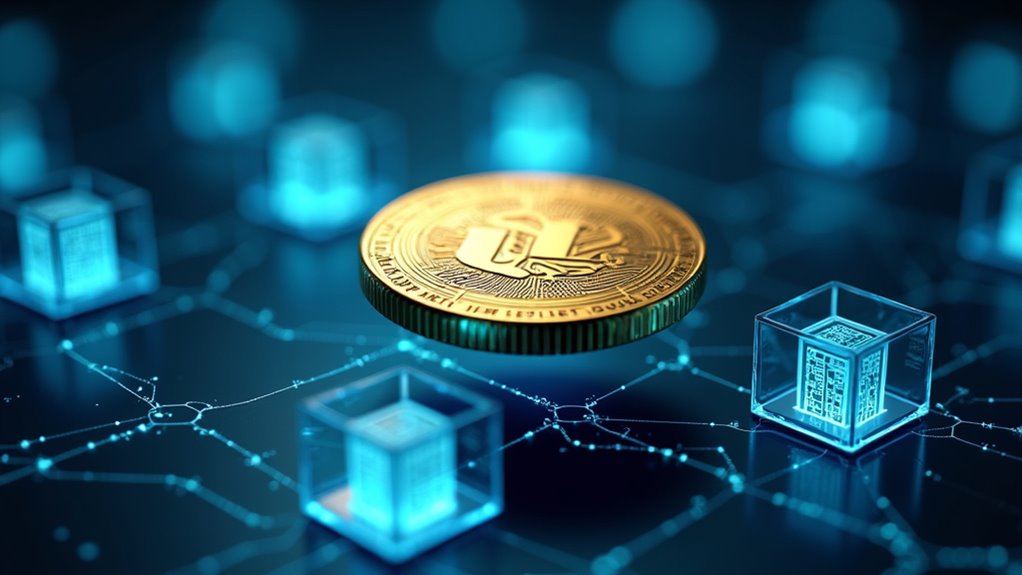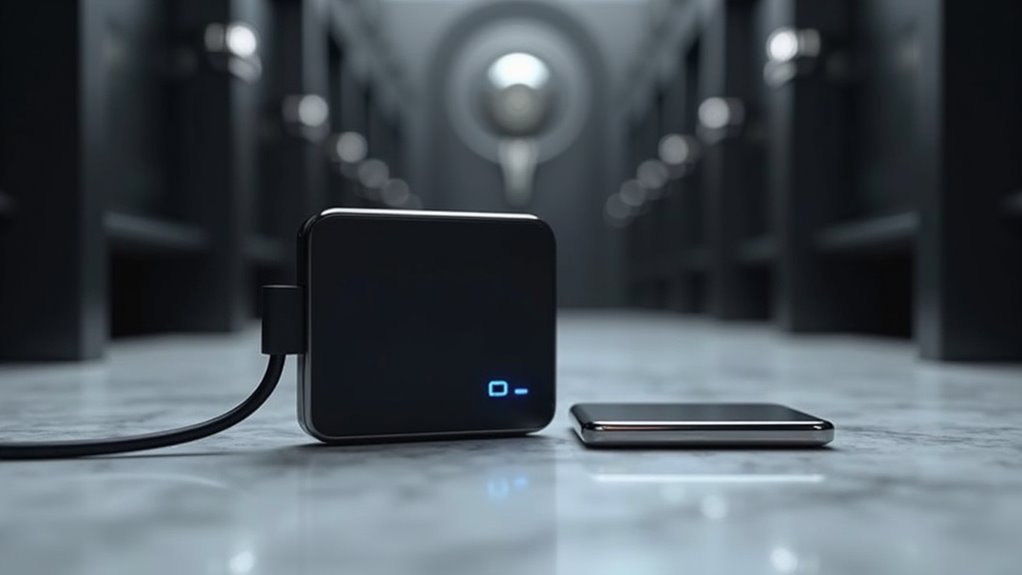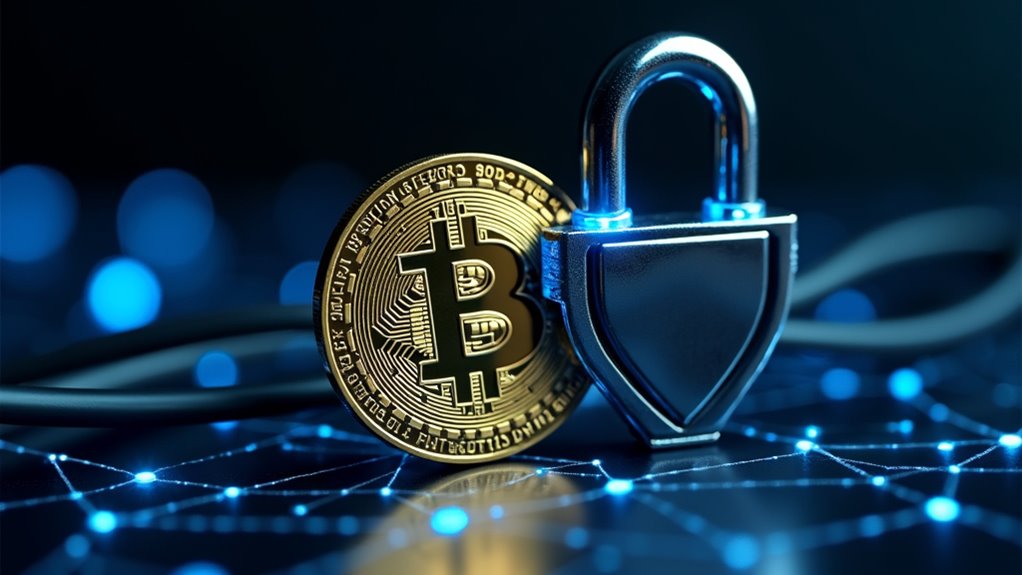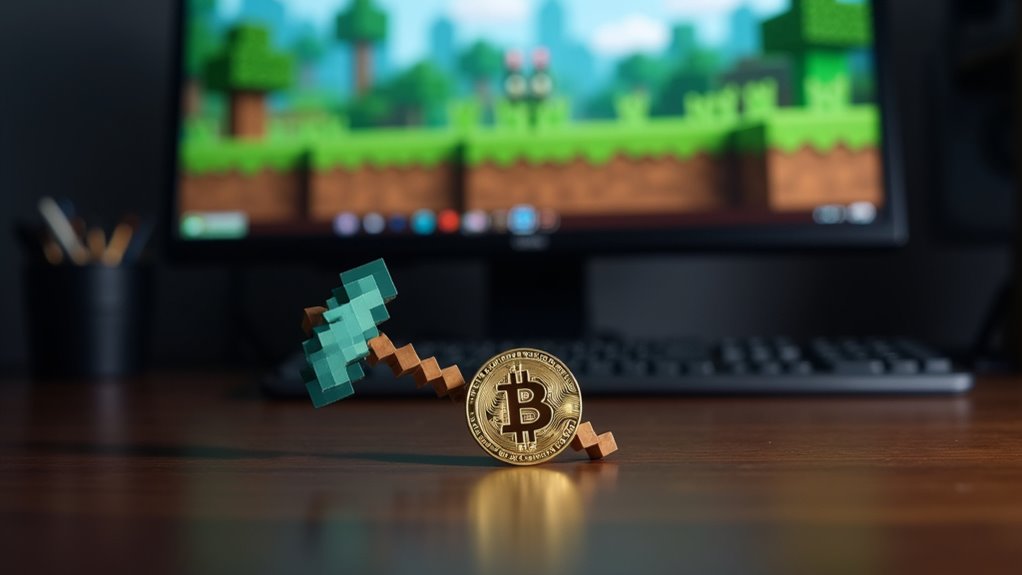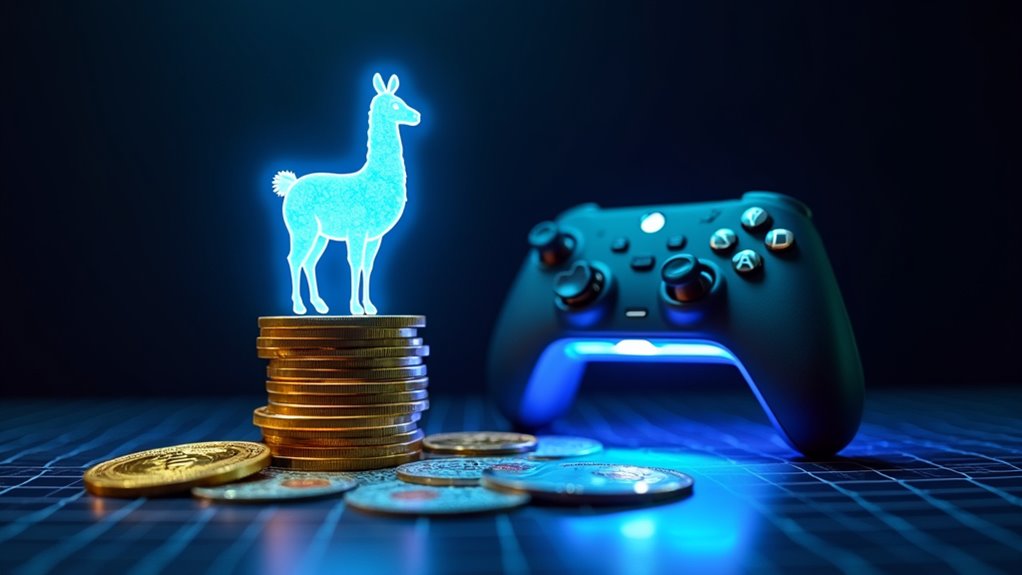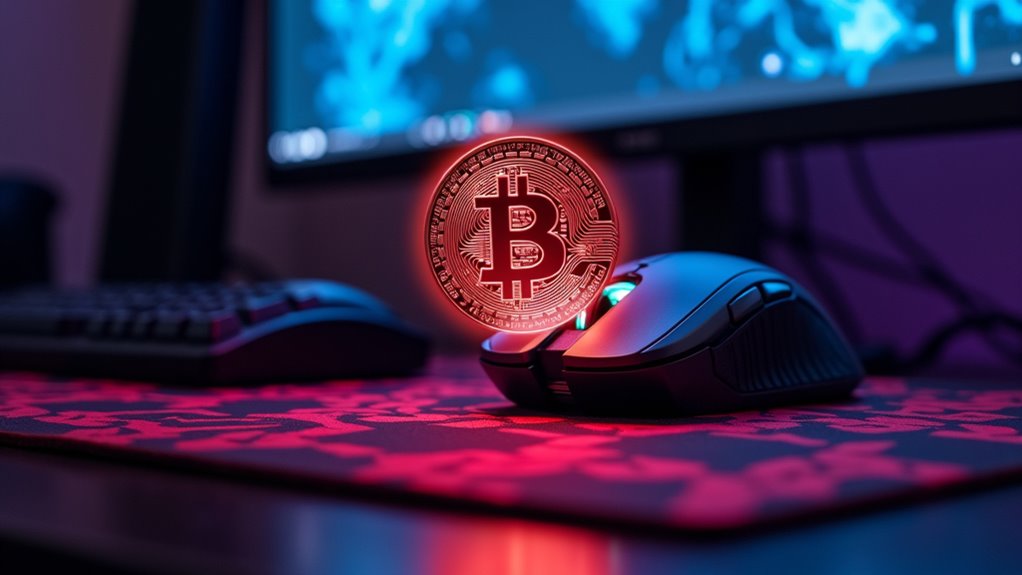Bitcoin acquisition comes in three main flavors: mining, earning, and purchasing. Mining requires serious hardware and electricity these days – forget solo mining unless draining oceans with teaspoons sounds fun. Earning options include freelance work, content creation, and cryptocurrency gaming. Purchasing through established exchanges like Coinbase remains the most straightforward path, though scammers lurk everywhere in crypto-land. The blockchain’s transparency helps separate legitimate opportunities from too-good-to-be-true schemes.

The hunt for Bitcoin isn’t quite as simple as finding loose change under your couch cushions. In fact, getting your hands on this digital gold requires either serious computing power, actual work, or cold hard cash. And no, those sketchy social media ads promising overnight crypto riches aren’t the answer.
Bitcoin mining, once a hobby for tech enthusiasts with regular computers, has evolved into an industrial-scale operation. Today’s miners need specialized ASIC hardware and enough electricity to power a small town. The process involves solving complex mathematical problems, with successful miners earning newly minted Bitcoin as rewards. All transactions are recorded in a public blockchain ledger. Group mining has become the norm, where multiple miners combine their resources because, let’s face it, going solo is about as effective as trying to drain the ocean with a teaspoon.
Mining Bitcoin solo these days is like bringing a calculator to a supercomputer fight – you’re gonna need bigger hardware and more friends.
For those who’d rather not rack up astronomical power bills, earning Bitcoin through work is a viable alternative. Freelancers can find gigs paid in cryptocurrency, content creators can collect Bitcoin tips, and entrepreneurs can sell products or services for digital currency. Some individuals even earn crypto through gaming or affiliate programs. It’s not exactly getting rich quick, but it’s legitimate. Many people engage in affiliate marketing to generate passive income through Bitcoin-related promotions.
The most straightforward path to Bitcoin ownership is simply purchasing it. Reputable exchanges like Coinbase and Binance offer various payment methods, from bank transfers to credit cards. Scammers often create imposter websites that mimic legitimate exchanges to deceive investors. But buyer beware: the crypto world is crawling with scammers. Fake exchanges, phishing schemes, and bogus celebrity endorsements are everywhere. Even worse are the investment schemes promising returns that sound too good to be true – because they are.
Smart Bitcoin acquisition means doing research. Verify sources, stick to known exchanges, and understand the regulatory environment in your area. Blockchain explorers let users track transactions and wallet balances, adding a layer of transparency to the process. And remember, anyone promising guaranteed returns or using fake celebrity endorsements isn’t trying to help you find Bitcoin – they’re trying to find your wallet.
Frequently Asked Questions
How Much Electricity Does Bitcoin Mining Consume on Average per Month?
Bitcoin mining consumes between 12.9 to 14.3 terawatt-hours (TWh) of electricity per month, averaging approximately 13.6 TWh monthly. This consequential energy consumption represents around 0.5% of worldwide energy usage.
Can I Mine Bitcoin Using My Smartphone?
Mining Bitcoin on smartphones is not feasible or profitable. Phones lack the necessary processing power, consume excessive energy relative to returns, and risk hardware damage. Specialized ASIC miners remain the only viable option.
What Happens to Lost or Forgotten Bitcoin Wallet Passwords?
Lost Bitcoin wallet passwords can result in permanent loss funds unless users have their seed phrase. Unlike traditional accounts, there’s no central authority for password recovery. Professional recovery services may help in some cases.
Are Bitcoin Mining Pools More Profitable Than Solo Mining?
Mining pools typically offer more consistent and predictable earnings than solo mining, though they charge fees. Solo mining can yield higher profits if successful but carries greater risk and requires substantial computational resources.
How Long Does It Take to Mine One Bitcoin?
With current difficulty levels and 3.125 BTC block rewards, mining one Bitcoin takes approximately 1,460 days (4 years) for an average miner. Most miners join pools to receive smaller, more frequent proportional payments.




